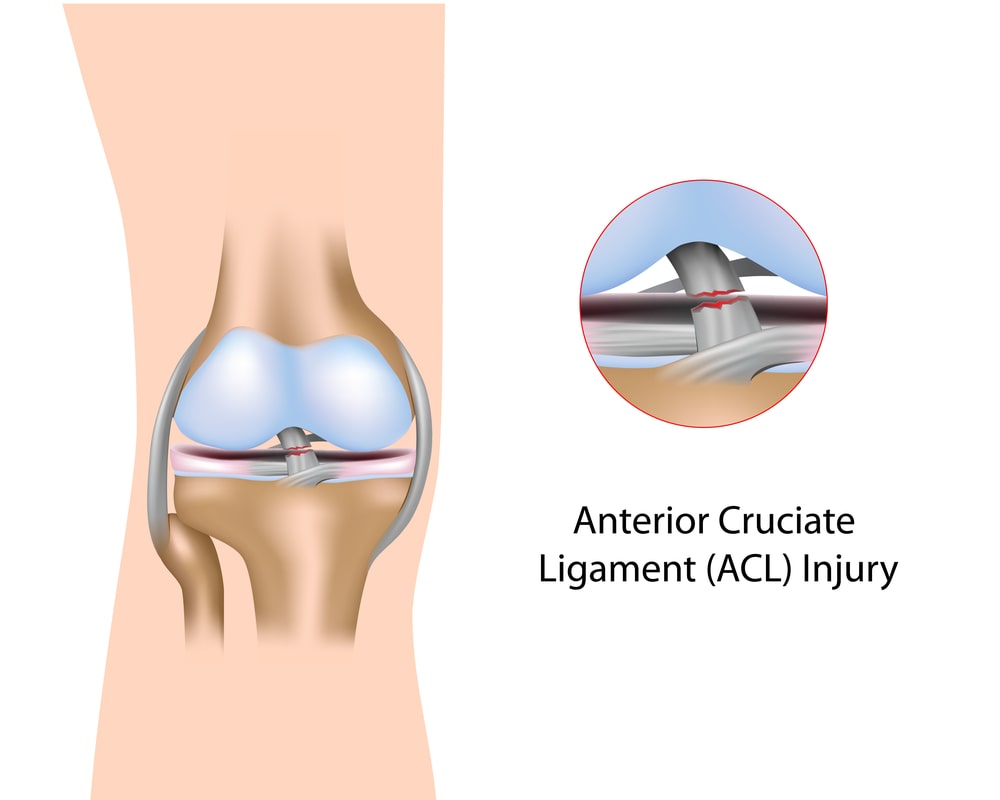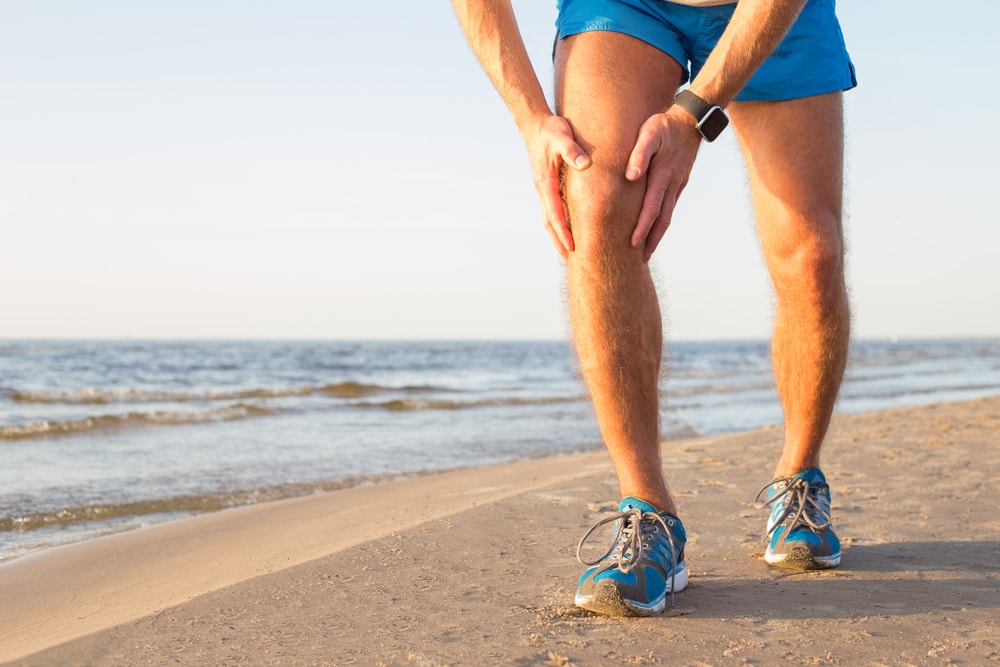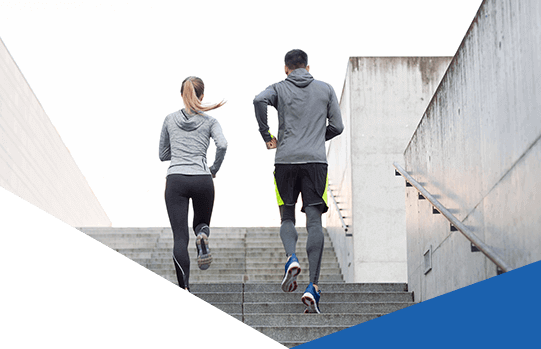Picture this; it is a Saturday night and the soccer game (or footy- depending on where you are from) is playing on the big screen. A player collapses, desperately grasping for their knee. Your buddy that supports the opposing team yells out, “He’s faking it!” but you’re not so sure. An instant replay rolls across the screen, it shows the player sprinting and making a quick cut to the side before falling.
Already predicting that they are approaching an ACL injury, an athletic therapist or sports physiotherapist runs out from the sidelines to assess the player, confirming their original hypothesis. Throughout your time watching professional or amateur sports, there is a high likelihood that you have seen this situation before. The ACL is the most commonly injured structure of the knee and this often occurs in cutting sports such as soccer, football, and rugby.

Guide on ACL Injury
What is the ACL?
ACL: a ligament in the knee
Ligament: A structure that connects bone to bone to provide stability to a joint
The ACL connects the femur (the thigh bone) to the tibia (the larger of two bones in the lower leg). It prevents the tibia from moving anteriorly on the femur and resists rotational forces and hyperextension of the knee.
How is the ACL injured?
The ACL can be injured in both contact and non-contact circumstances. This means that it may be affected if a lateral blow impacts the leg while the knee is bent and the foot is planted.
It also means that you are perfectly capable of injuring the ligament on your own while decelerating, making quick direction changes, or landing on a single extended leg. Surprisingly, 75% of ACL injuries occur in non-contact situations, just like the previously mentioned soccer player.
What is the extent of the injury?
A ligament injury is called a sprain. A sprain can be graded on a scale of 1 to 3. A grade 1 sprain is a mild injury, grade 3 being a complete tear and grade 2 being somewhere in between. Following an ACL injury, a visit should be made to the doctor or a sports physiotherapy clinic for a thorough knee assessment.
In some instances, surgery may be required, and a referral will be made to an orthopedic surgeon. In other cases, conventional therapy will be prescribed. Talking to a doctor or physiotherapist will help to clarify if surgery is appropriate and what risks may be involved.
ACL Rehabilitation
Whether surgery or conventional therapy is advised, a trained professional is essential to guide ACL recovery. This is where a sports physiotherapist can have a crucial role; surprisingly, you don’t need to be an athlete to see one. The main goal of rehabilitation is to ensure long term survival of a high functioning and pain-free knee. In addition, preventing ACL re-injury and contralateral knee injury.
The physiotherapist will follow a protocol integrated with clinical experience to develop a safe, effective and personalized rehabilitation program. The program will often use certain milestones to ensure that progression are only made when appropriate. Exercises will be assigned to target knee range of motion, strength, proprioception, cardiovascular fitness and specific return to sport skills. Other therapies such as ice application, Transcutaneous Electrical Nerve Stimulation (TENS), Intramuscular Stimulation (IMS) or Ultrasound therapy may be used in adjunct to exercises. These modalities are used for purposes including but not limited to: improved tissue healing, pain management, and muscle tension release.
How long does ACL recovery take?
There is no one-size-fits-all answer. Return to the sport may take 6 months to 1 year, or in some instances even longer. Return to activity depends upon the extent of the injury, the ease of progression through rehabilitation program milestones, nutrition, fear of movement, the skills required to return to sport or work and many other factors.
A physiotherapist may give advice or assist in referring the client to other health professionals in many of these areas. They will work closely with the client and their support system, to ensure a safe return to sport, work, or whichever endeavour they choose.
Whether you are an athlete, a weekend warrior, or a dad who had too much fun at the trampoline park, physiotherapy is for you. Rehabilitation following an ACL injury can be an important step to help you return to activities that you love.
Written by: Kirsten Holte, MScPT





